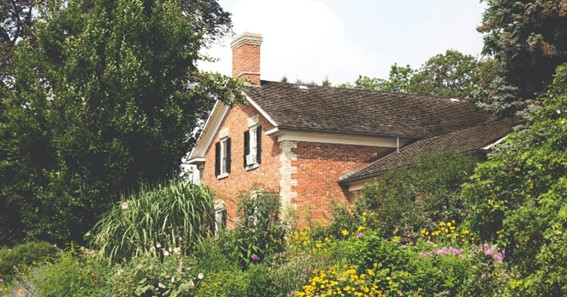When you first buy a house, you’ll have to get homeowners insurance. Homeowners insurance offers you some protection and peace of mind when it comes to your property and the belongings inside it.
A standard homeowners insurance policy should offer you protection from damages caused by disasters like housefires and burglaries. The coverage should help you cover the costs of damage repairs and replace belongings that were lost after the terrible event.
click here – Why Sell My Structured Settlement Annuity
Your policy will likely include liability insurance. This will give you some protection in times when a non-resident injures themselves on the premises. The policy could help you pay for medical bills and legal fees after the incident.
What problems won’t your homeowner’s insurance policy cover?
Damages at Fault of the Owners
Homeowners insurance covers damages caused by disasters that are at no fault of the residents. So, if an investigation reveals that the damages were related to neglect, residents may not receive any coverage for repairs and replacements.
On a more serious note, residents that cause damages intentionally will not receive coverage for repairs and replacements. For instance, if an insurance company discovers that someone purposely set fire to their home in order to collect an insurance claim, they will not accept it. The resident would then be charged with a variety of crimes, including insurance fraud.
Pest Problems
Homeowners insurance doesn’t offer coverage for pest infestations and their related damages. So, if you have an infestation of termites, bedbugs, rodents or other critters, you will have to pay for pest control services and repairs out of pocket.
Some Water Damage
Homeowners insurance tends to cover water damage made by indoor plumbing malfunctions like broken pipes. However, it often excludes coverage for water damage from exterior sources, like overland flooding and sewage overflow.
Some Natural Disasters
Damages caused by natural disasters like earthquakes, landslides and sinkholes are typically not covered by home insurance. Check your policy to see which natural disasters you are protected from — and which ones you aren’t.
How Can You Handle These Exemptions?
Now you know that you can’t make an insurance claim for the above exemptions. What can you do to handle the repair and replacement costs?
click here – 3 Myths About Credit — Debunked for Your Financial Health
An Emergency Fund
Every household should have an emergency fund. An emergency fund is a personal collection of savings reserved for urgent, unexpected expenses that are well outside the guidelines of your budget. If you suddenly have to hire pest control services to get rid of the mice infestation in your home, you can withdraw the amount that you need from your emergency fund right away. You can resolve the issue quickly, even without the insurance coverage.
A Personal Loan
In times when you don’t have enough emergency savings, you could try to apply for an online loan as a solution. With an approved loan, you would have temporary access to enough funds to cover your emergency expense. After paying the expense, you could focus on repayments through a basic billing cycle.
Look for online loans that are accessible in your home state. So, if you live in Phoenix, you should look for loans in Arizona to get through your emergency. You don’t want to waste your time applying for a loan that isn’t even accessible in Arizona.
A Credit Card
If your credit card’s balance is low, you could charge the emergency expense to your card. After covering the expense, you could pay down your balance through your regular billing cycle.
Prepare your finances for disasters that homeowner’s insurance won’t cover. Don’t get caught by surprise!
